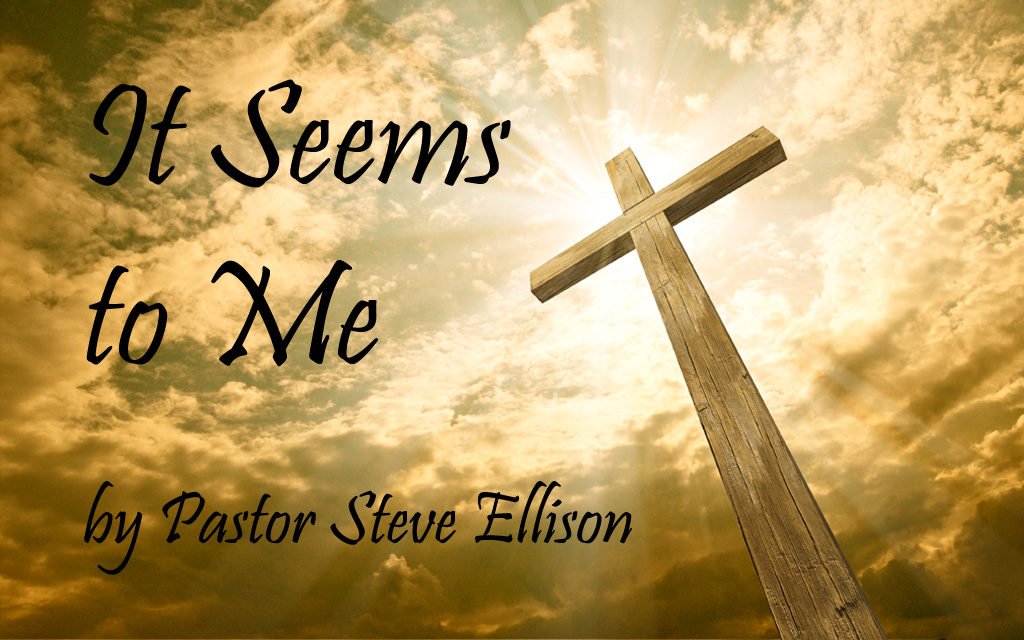R
by Pastor Steve Ellison
Ecclesiastes is a book about real life. Technology has changed the way we do everything, but some things have not changed. Human nature has not changed. Truth has not changed. The emotions and dilemmas faced by Solomon 3000 years ago mirror ours very, very closely. Ecclesiastes 3:1-11 is a very familiar and much-loved passage by many people. There is a reason why Ecclesiastes 3 speaks to every generation from 1000 BC until the present day. People have not changed.
Solomon, whom the Bible describes as the wisest man who had ever lived, was nearing the end of his life and he had seen it all. Ecclesiastes 3 declares that every activity has its proper time and place under the sun. He doesn’t speak to the rightness or wrongness of any of the activities. He doesn’t indicate any reasons for any of the activities. He simply declares that they occur. The idea seems to be: don’t be surprised by any of them; don’t fret over any of them; deal with them; do not allow any one of them to overwhelm you with either joy or discouragement.
Praise God that Solomon did not stop with his declarations in Ecclesiastes 1 and 2, that all of life is meaningless and that wisdom was worthless and that he hated all the fruit of his labor. In Ecclesiastes 3, he follows his assertion that there is a time and a place for everything with a beautiful paragraph, which begins with an explicit question which implies a second and related question. Solomon asks, “What does the worker gain from his toil?” Surely the curse of Genesis 3 was and is in effect. Work was good before the curse and it is still good today; however, the curse means we will have difficulties in engaging in this good activity. Solomon sees that this is a burden, but declares that even though it is a burden, our merciful God, as a blessing to us, has retained beauty and blessing in all of it.
Solomon now moves on to his larger and more important point. God has also set eternity in our heart, and even though we do not understand it, there is a grand purpose in it. The implied question is this: What good is this setting of eternity in our hearts? Even though there is a “time for everything” there is also an “eternity”. Solomon’s answer is that even though we cannot fathom eternity or God’s eternal actions, we can understand this much: we should will to be happy, to see the good around us, and to do that which is good. Many problems in our modern world would disappear if we would follow that advice. Solomon didn’t stop there. He pointed out that this is indeed a gift of God. He gives us these gifts for our benefit, for our pleasure, but ultimately so that you and I will honor, respect, revere, and stand in awe of the Creator.
You have been created for eternity. Just because you will die one day, and you surely will, does not mean that is the end. Death is not the end but a passage. Man knows that truth in the depths of his innermost being. God has revealed it to us. God, who is rich in mercy, intends for that awareness of eternity to lead you to an awareness that He exists. You will live eternally somewhere. It could be with Him or it could be separated from Him. It is up to you. The choice is yours. Seek Him while He may be found.




